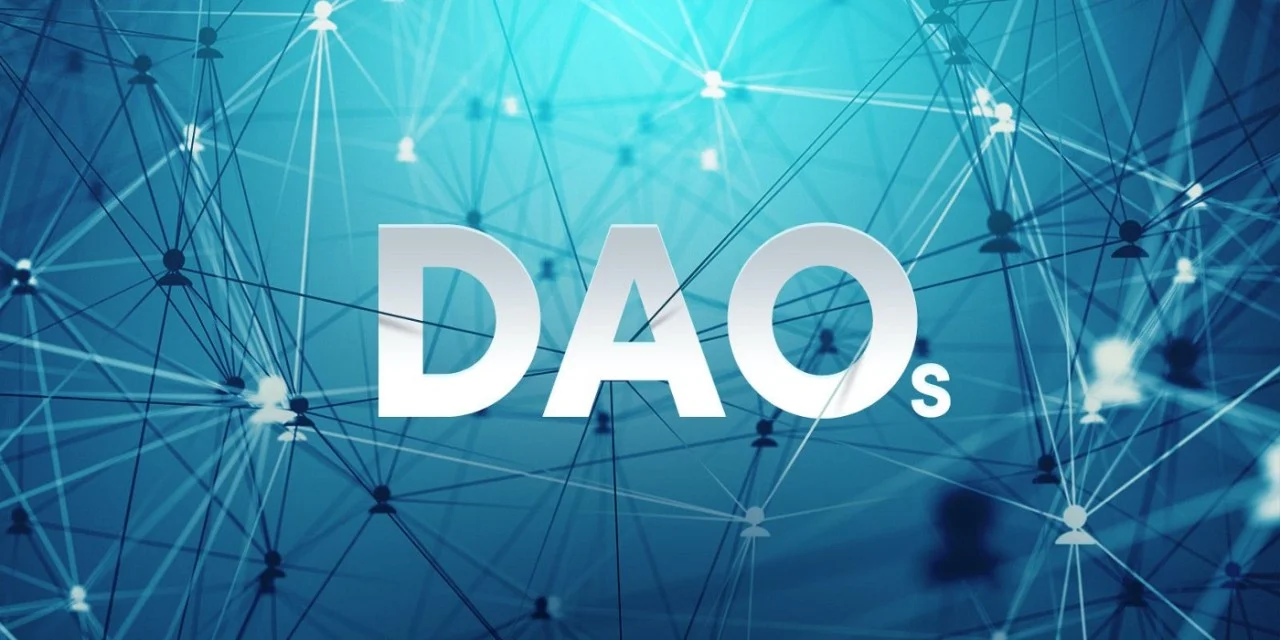
This guide was built to help you understand the benefits of incorporating your DAO and how the process of DAO incorporation works. We help you answer questions like:
Why should I incorporate my DAO? In what geographic jurisdiction should I incorporate my DAO? What legal entity type should I choose?
Get all the information you need to make the best decisions for you DAO by reading this guide.
By
MIDAO
February 11, 2025
As Decentralized Autonomous Organizations (DAOs) continue to evolve, the need for suitable legal frameworks has become increasingly apparent. Among the emerging solutions, the Marshall Islands has positioned itself as a pioneering jurisdiction for DAO incorporation. This comprehensive analysis explores why the Marshall Islands DAO LLC structure is gaining traction and how it compares to other jurisdictions.
Traditionally known for its maritime industry, the Marshall Islands has emerged as an unexpected leader in DAO legislation. As Adam Miller, founder of MIDAO, explains during a recent How to DAO course livestream: "The Marshall Islands has been a leading jurisdiction in the shipping industry for several decades. There are New York Stock Exchange companies that are Marshall Islands corporations, and there are about 70,000 companies registered there. It's actually bigger than the Cayman Islands in that regard."
This established expertise in international business registration provided a strong foundation for the country's expansion into Web3. The initiative began when Miller and his team approached a Marshall Islands senator with a novel proposition: "Hey, how would you like to expand your country's expertise from shipping into DAOs and Web3?"
The subsequent development process has been thorough and purposeful. According to Adam, "This kicked off the conversation that, over the past three-plus years, has led to the passing of multiple laws and the creation of a regulatory framework originally built for DAOs. We've now realized that it's actually a solid legal framework and entity structure for Web3 more broadly."

One of the most significant innovations of the Marshall Islands framework is its nonprofit LLC structure. As Miller proudly notes, "It's the first nonprofit LLC in the world of any kind—forget about the unique blockchain and DAO characteristics—it's the first nonprofit LLC in existence. And we built it specifically for DAOs and Web3."
A key advantage of the Marshall Islands framework is its ability to accommodate truly decentralized organizations. Miller explains the traditional challenge: "Every legal entity in the world required that [a board or management team], and we didn't necessarily want to have a board for our DAO in the long run—maybe councils and stuff like that, but not a traditional board."
The framework also addresses a crucial need in the DAO space: "We wanted the token holders to be members or owners of the company but without having to KYC, without having to give their name and address. And every law in the world required companies to track the names and addresses of their owners and members, because that was just the way things were done—until blockchain."
The comparison between the Marshall Islands DAO LLC and Wyoming's Decentralized Unincorporated Nonprofit Association (DUNA) reveals several key differences:
The choice between offshore and U.S. incorporation often comes down to regulatory considerations. As Miller explains: "For a lot of people, they do not want to base their project in the United States due to either current or perceived future regulatory challenges, whether it's securities laws, other crypto regulations, etc."
While the Marshall Islands framework enables true decentralization, organizations must consider their practical needs carefully. Miller advises: "Let's say a DAO wants to form a legal entity and open a bank account with a traditional bank. That bank is going to ask, 'Who are your managers? Who's in charge of this thing?'"
The framework doesn't exempt participants from legal responsibility. Adam emphasizes: "In some legal frameworks—especially when it comes to criminal acts—it doesn't matter how decentralized you claim to be. If you're involved, then you're involved."
He further explains the concept of substance over form: "Many lawyers advising Marshall Islands DAO LLCs talk about substance versus form. Your form may be a decentralized, distributed legal entity with no one in charge. But if the substance is that—well, really, these three founders who started the DAO are basically in charge, even if they don't own any tokens... If it's obvious to a jury that they were in charge, then they could still get in trouble."

Despite potential changes in U.S. crypto regulations, offshore structures may remain relevant. Miller observes: "Even in the traditional corporate world, it's extremely common for companies to have entities all over the world. In venture capital, I read a stat that said 75% to 80% of American VC firms have at least one U.S. entity and one Cayman Islands entity."
The framework has already gained significant traction: "We now have over 200 projects that have either signed up or already created their legal entities in the Marshall Islands—mostly Web3 and blockchain-related projects, with a lot of DAOs, but not exclusively DAOs."
The Marshall Islands DAO LLC framework represents a significant innovation in DAO governance structures, offering a unique combination of true decentralization, privacy, and legal recognition. While it may not be the right choice for every organization, it provides a valuable option for DAOs seeking a legal framework that aligns with Web3 values while maintaining practical functionality.
The framework's success in attracting over 200 projects suggests that the Marshall Islands' bold move into Web3 governance is meeting a real need in the market. As the DAO ecosystem evolves and regulatory landscapes shift, the Marshall Islands' approach to DAO incorporation may serve as a model for other jurisdictions seeking to accommodate decentralized organizations.